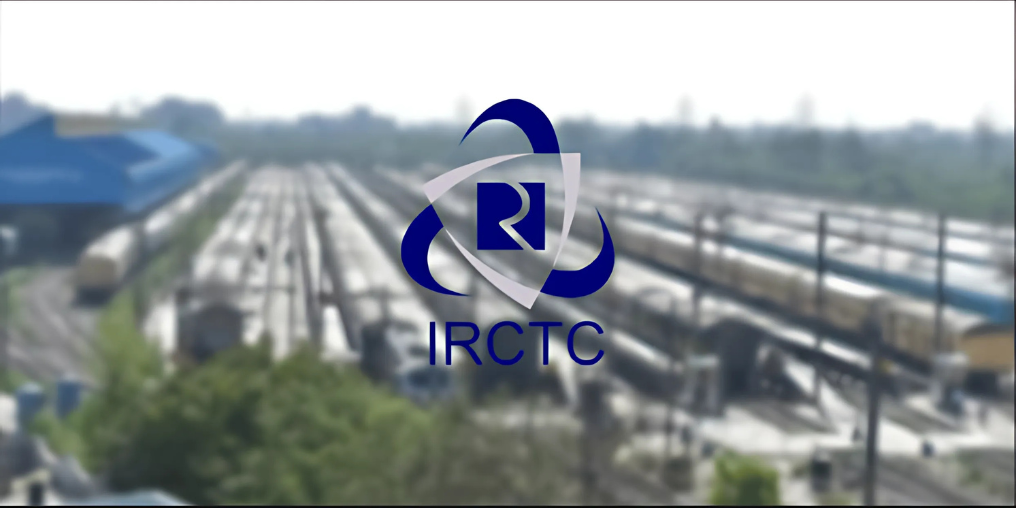IRCTC Tender Trends: What’s Changing in Railway Procurement

The Indian Railway Catering and Tourism Corporation (IRCTC) has long been a crucial part of India’s railway network, overseeing services such as catering, ticketing, tourism, and digital innovations. Over the years, the IRCTC tender process has evolved, embracing advancements in technology, modern business practices, and the changing needs of passengers. These developments have redefined how businesses engage with IRCTC tenders, providing new opportunities for innovative solutions and a more diverse range of vendors. Let’s explore the emerging trends in IRCTC tenders and what they mean for businesses.
Digital Transformation in Tendering
IRCTC has adopted digitalization across its operations, revolutionizing processes like the IRCTC tender system. Businesses now have seamless access to tenders via online platforms, making participation easier and ensuring greater transparency. Key highlights of this digital transformation include:
- E-Tendering: All tender processes, from announcements to bid submissions, are conducted online. This eliminates paperwork and speeds up the process.
- Advanced Data Analytics: IRCTC uses analytics to evaluate vendor performance and make data-driven procurement decisions.
- Mobile Accessibility: Vendors can now track tender updates and submit bids using mobile apps, making the process more flexible.
For businesses, this digital shift means reduced bureaucracy and quicker decisions, encouraging even small businesses to participate.
Increased Focus on Sustainability
Sustainability has become a major priority for IRCTC. New tenders are increasingly geared toward eco-friendly practices, such as:
- Implementing energy-efficient technologies in railway infrastructure.
- Supporting green tourism initiatives.
- Introducing biodegradable packaging for catering services.
Vendors offering sustainable products and services have a significant edge in securing contracts, as IRCTC aims to align with global environmental goals.
Collaboration with SMEs and Local Businesses
In recent years, IRCTC has shifted its focus toward supporting small and medium enterprises (SMEs) and local vendors. This shift aligns with the government’s Make in India and Atmanirbhar Bharat initiatives, aiming to boost domestic industries.
Tenders are now designed to:
- Encourage participation from smaller vendors.
- Reduce eligibility barriers for local businesses.
- Prioritize vendors offering locally manufactured goods.
This trend allows smaller businesses to compete for contracts they previously couldn’t access, fostering innovation and inclusivity.
Technology-Driven Projects
With railways rapidly modernizing, IRCTC tenders now focus heavily on technology-driven solutions. Businesses offering innovative services have plenty of opportunities in areas such as:
- Digital Ticketing Solutions: Advanced platforms for booking tickets and managing passenger data.
- Smart Stations: Automated systems for security, energy management, and passenger information.
- AI and Machine Learning: Predictive maintenance systems to ensure smoother train operations.
- Cashless Transactions: Digital payment gateways and unified payment interfaces (UPI).
Tech-savvy vendors capable of meeting these demands are in high demand.
Tourism-Related Opportunities
Tourism is a core part of IRCTC’s services, and the tendering landscape reflects this. With a growing emphasis on promoting India as a global tourism destination, IRCTC tenders are exploring:
- Custom travel packages, including luxury train journeys and pilgrimage tours.
- Collaborations with hospitality providers to improve accommodation options.
- Digital marketing services to promote tourism offerings.
Businesses in the travel, hospitality, and digital marketing industries can find lucrative opportunities by partnering with IRCTC.
Streamlined Vendor Performance Evaluation
IRCTC has introduced a robust vendor rating system to ensure quality and efficiency. Vendors are evaluated on key metrics such as:
- On-time delivery of services.
- Product quality and adherence to specifications.
- Customer satisfaction.
High-performing vendors are rewarded with greater visibility and more tender opportunities. This trend pushes businesses to maintain high standards, fostering healthy competition.
Challenges in IRCTC Tendering
While opportunities abound, vendors also face certain challenges in bidding for IRCTC tenders:
- Intense Competition: With more businesses entering the fray, standing out requires a well-prepared bid.
- Strict Compliance: Meeting eligibility criteria, documentation requirements, and deadlines can be overwhelming, especially for new participants.
- Dynamic Policies: Frequent changes in tender terms and conditions require vendors to stay updated.
How Businesses Can Adapt to These Changes
- Leverage Technology: Businesses must embrace technology to streamline their operations and offer innovative solutions. For example, using AI to enhance service delivery or adopting cloud platforms for seamless operations can set a vendor apart.
- Invest in Sustainability: Aligning with IRCTC’s sustainability goals by adopting green practices or offering eco-friendly products can boost your bid’s appeal.
- Build a Strong Proposal: A detailed and tailored proposal addressing the specific needs of the tender can significantly improve the chances of success. Ensure your bid highlights your company’s capabilities, experience, and compliance with IRCTC’s requirements.
- Collaborate with Consultants: Working with a GeM registration consultant can simplify the process, helping businesses focus on their strengths while ensuring compliance with IRCTC’s guidelines.
Conclusion:
IRCTC’s evolving tendering landscape reflects India’s broader push toward modernization, inclusivity, and sustainability. For businesses, these trends signal immense potential for growth and collaboration. By staying informed, adopting innovative solutions, and aligning with IRCTC’s goals, vendors can unlock opportunities to contribute to the railway sector’s transformation while achieving their business objectives. With strategic planning and support from an experienced tender advisor , even small businesses can secure a competitive edge in this dynamic marketplace.
 By Admin
By Admin

